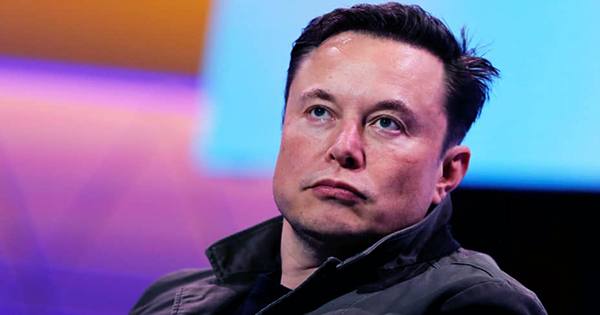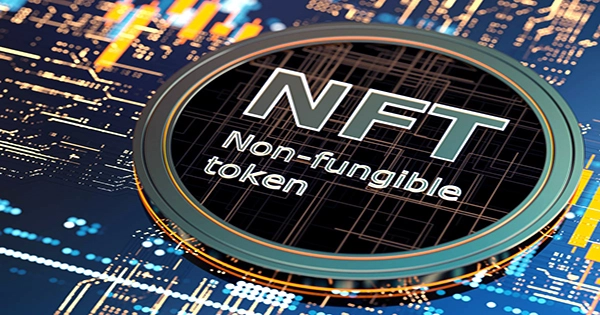Elon Musk suggested, maybe jokingly, on Oct. 31, 2021, that he could be prepared to contribute US$6 billion of his riches to famine relief. However, there was a catch: the UN would have to demonstrate that it could end world hunger “right now.” His remarks were in response to a plea from David Beasley, head of the United Nations World Food Program, to “step up now, on a one-time basis” to help end world hunger.
“$6 billion to assist 42 million people who are on the verge of starvation if we do not reach them.” “It’s not complicated,” Beasley said in a CNN interview in October 2021, a year after urging millionaires to contribute $5 billion. Jessica Eise, a social scientist who produced the book “How to Feed the World,” provides some perspective for this fight.
1. What about this interaction impresses you
Musk, the world’s wealthiest man as of late 2021, is a visionary business person. The United Nations is the greatest international organization in the world, and the World Food Program awarded the Nobel Peace Prize in 2020. Naturally, there will be some friction between them because they think and act in quite different ways. Musk’s philosophy based on invention and independence whereas the United Nations based on diplomacy and pluralism, Musk owes his stockholders a debt of gratitude. The United Nations must pay attention to and respect its 193 member states. This commitment has the potential to suffocate its various agencies in bureaucracy.
The fight between Musk and Beasley, a former South Carolina governor Trump nominated for the UN post, exemplifies the collision between these two worlds. Their public discussion may appear insignificant, yet it underlines humanity’s most pressing and difficult task: ending world hunger. As of 2020, about 10% of the world’s population was undernourished, a rise of 118 million people from 2019. To assist everyone on Earth to obtain enough to eat, the world, in my opinion, needs a mix of what both Musk and the United Nations have to offer.
2. Why is it so difficult to eradicate world hunger?
There is sufficient food on the planet to feed everyone. Millions of people are going hungry due to climate-related disasters such as extreme heat, droughts, floods, and storms, rather than a global inability to grow enough food.
This could change as climate-related disasters such as extreme heat, droughts, floods, and storms reduce agricultural productivity. If civilization does not respond soon enough, the effects of climate change will worsen.
Hunger is a result of violence, a lack of infrastructure, inequality, and poverty in today’s world. For example, approximately 5 million people in Yemen are on the verge of starvation because of years of fighting. In addition, as the Syrian conflict enters its tenth year, 12.4 million people — more than 60% of the population – are facing food insecurity.
Musk is being reasonable in pressing the World Food Programme to present a strategy in exchange for his $6 billion gift, in my opinion. For decades, the United Nations organization, which formed in 1961, has worked to alleviate world hunger. It raised an all-time high of $8.4 billion in 2020, largely from nations that voluntarily contribute, as well as gifts from individuals. Despite this, world hunger, which is notoriously difficult to eradicate, continues to exist. Around 40% of the world’s population is unable to afford a nutritious diet.
3. Should the world community entrust the solution to these massive challenges to the ultra-wealthy?
The World Food Programme (WFP) estimates that it will require an extra $6.6 billion in addition to its yearly budget to end world hunger today. In principle, the world’s wealthiest people could easily afford to repeat this achievement year after year. In 2020, the wealthiest 1% of Americans had a total net worth of $34.2 trillion. Even if the wealthy contributed, hunger is a problem that requires more than money to overcome. Governments build infrastructure, expanding equality typically necessitates huge social movements, and policy reform and conflict reduction necessitate intergovernmental diplomacy.
The Bill and Melinda Gates Foundation perhaps established the finest model for this type of significant contribution. It has a $50 billion endowment and has provided more than $3 billion to worldwide malaria, HIV/AIDS, and TB eradication initiatives during the last two decades.
Despite certain triumphs in the activities it finances, such as the new malaria vaccine, winning these fights remains difficult — malaria kills over 400,000 people every year.
In 2020, all Americans, wealthy and poor, contributed $471 billion to organizations of all types, with many more goals beyond alleviating world hunger. However, not everyone is concerned enough about the plight of the world’s poorest people to invest their money in alleviating it.
4. What would be an effective strategy for the World Food Program to follow up?
Musk has a habit of behaving strangely on Twitter. It is conceivable he did not make a genuine offer. However, considering that Jeff Bezos utilized Twitter to announce his intention to increase his charity donations in 2017, it is worth paying attention. The Tesla CEO and WFP director, Beasley, can put their egos aside and view this as an opportunity to collaborate. The United Nations can provide Musk with an open-source accounting plan, as he asked on Twitter. If it succeeds, the public may hold Musk accountable for the social media vow he made. The World Food Programme already publishes some of its accounting findings, so it would not be starting from zero.
5. What would Elon Musk be able to accomplish about world hunger if he made it his mission?
Musk took the Giving Pledge in 2012, pledging to give away at least half of his fortune over his lifetime. Musk has given away very little of his riches to charity since expressing aspirations to become a large philanthropist, and he has not revealed much about his philanthropic plans. In 2021, however, his donations have been steadily increasing.
His foundation’s bare-bones website said that it was interested in sponsoring space exploration research and advocacy, pediatric research, science and engineering education, and the “creation of safe artificial intelligence to benefit mankind” as of November 2021. There were no grantees or contact details on the website. If Musk wants a challenge, I feel that overcoming hunger is significantly more difficult than getting into space. I would encourage him to utilize his wealth, influence, and ingenuity to address the world’s most pressing issue. Because alleviating hunger would necessitate resolving wars, eliminating poverty, constructing much-needed infrastructure, and lowering the rate of climate change, all of which would be revolutionary.
















